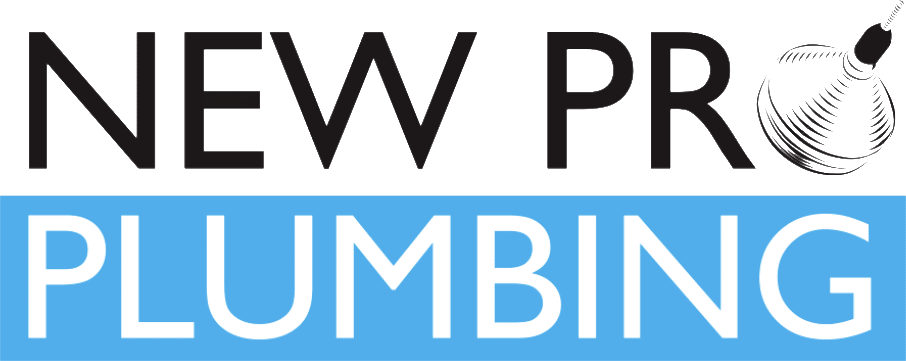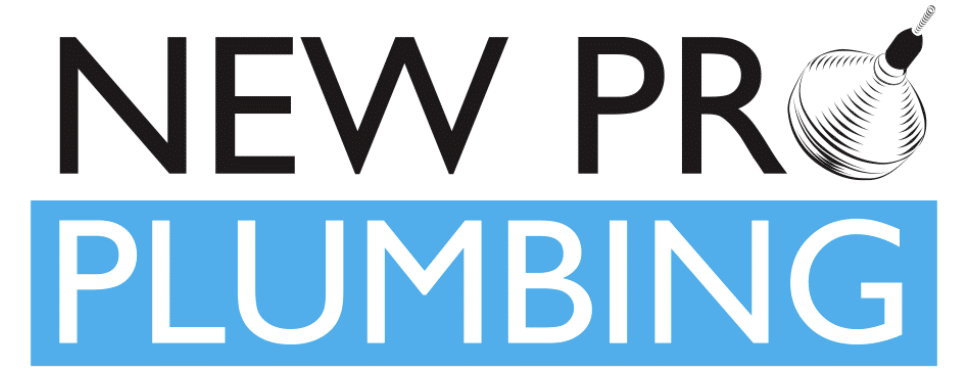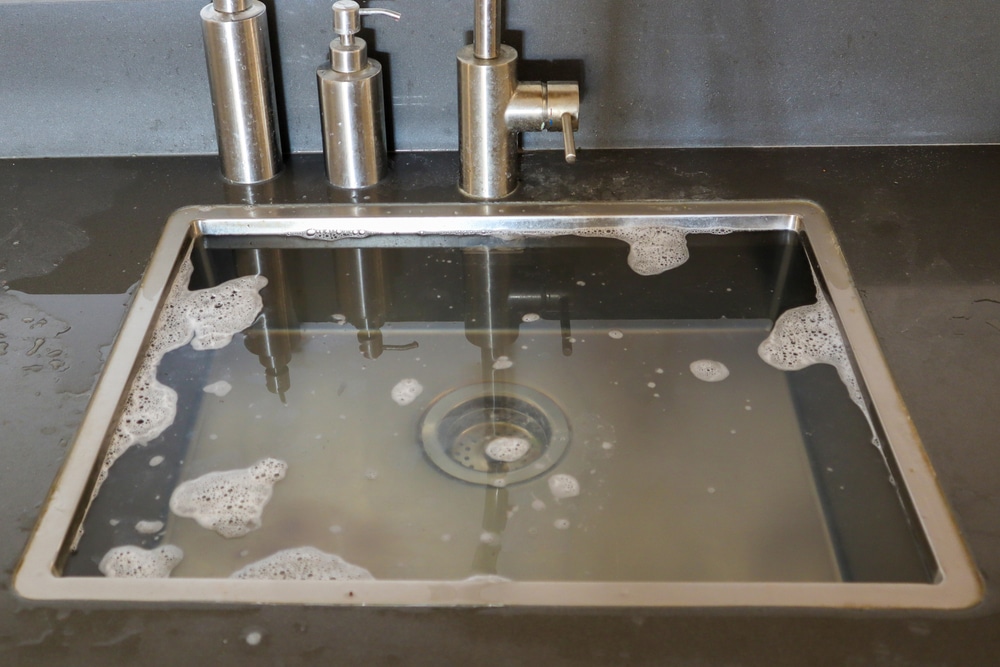Clogged drains are a common and frustrating issue that homeowners face, potentially leading to slow draining sinks, unpleasant smells, and in severe cases, costly damage to your property. Equipping yourself with the right knowledge to both prevent and fix clogged drains can save you time, money, and the inconvenience of dealing with recurring drain problems. As a family-owned and locally-operated company, New Pro Plumbing is committed to providing personalized and affordable plumbing services in Los Angeles and the surrounding areas for both residential and commercial clients.
By offering a practical understanding of the various aspects of preventing and fixing clogged drains, we hope to equip our readers with the knowledge to maintain their home’s plumbing system properly, minimize the inconvenience of dealing with drain blockages, and save on costly repair services. Knowledge is power, and by understanding the best practices for maintaining your home’s drains, you can proactively address future issues and maintain a healthy and efficient plumbing system.
I. Identifying the Common Causes of Clogged Drains
Understanding the common causes of clogged drains is the first step towards effective prevention and resolution. Some of the usual suspects include:
1. Hair and Soap Scum: These materials can accumulate in bathroom drains, leading to slow draining sinks, tubs, and showers.
2. Grease and Food Particles: Kitchen sinks can become clogged with grease, oils, and food debris that solidify and block the pipes.
3. Foreign Objects: Accidental flushing or drop of objects, such as toys, paper towels, or sanitary products, can cause blockages in toilet drains.
4. Tree Roots: Outside your home, invasive tree roots can penetrate underground pipes, causing structural damage and blockages.
II. Preventive Measures to Minimize the Risk of Drain Blockages
Taking preventive measures to maintain a healthy plumbing system is crucial. Here are some steps you can take to protect your drains from clogging:
1. Install Drain Screens: Placing screens over your sink and shower drains can help catch hair, soap scum, and other debris before they enter the pipes.
2. Dispose of Grease Properly: Instead of pouring oils and grease down the kitchen sink, collect them in a container and dispose of them in the trash.
3. Be Mindful of What You Flush: Only flush toilet paper and human waste down the toilet. Avoid flushing paper towels, wipes, or sanitary products.
4. Regular Maintenance: Routine cleaning of sink and shower drains can prevent the buildup of hair, soap scum, and other debris.
5. Watch for Tree Roots: If you have trees near your sewer lines, consider regular inspection and root control measures to prevent damage to underground pipes.
III. Effective DIY Methods for Fixing Clogged Drains
If you encounter a clogged drain, try these DIY methods before calling a professional plumber:
1. Plunger: A plunger can be an effective tool for dislodging clogs in sinks or toilets. Simply cover the drain with the plunger, create suction, and pump it up and down to loosen the blockage.
2. Hot Water and Dish Soap: Pour a mixture of hot water and dish soap down your kitchen sink to help liquefy grease and food debris, clearing minor blockages.
3. Baking Soda and Vinegar: This chemical reaction can break down clogs in your pipes. Pour one cup of baking soda down the drain, followed by one cup of white vinegar. Wait 15-30 minutes, then flush with hot water.
4. Drain Snake: A drain snake (also known as an auger) can be used to break up or retrieve stubborn clogs deep within the pipe.
IV. When to Call a Professional Plumber for Clogged Drains
While DIY methods may resolve minor blockages, it’s essential to know when to call a professional plumber for help with clogged drains:
1. Persistent Clogs: If clogs repeatedly occur or DIY methods fail to fix the issue, a professional plumber can accurately diagnose and treat the problem.
2. Multiple Drain Blockages: If you notice several drains clogged simultaneously, it may indicate a more significant issue with your home’s main sewer line.
3. Overflowing Toilets or Sewage Backup: In situations involving backed-up sewage or overflowing toilets, contact a professional immediately to address the hazardous and unsanitary conditions.
4. Structural Damage to Pipes: If you suspect that tree roots or other factors have caused structural damage to your pipes, enlist the help of a plumber with expertise and equipment to repair or replace the damaged sections.
Conclusion
Dealing with clogged drains is an unfortunate but common aspect of homeownership. By understanding the causes of clogs, taking preventive measures, and using effective DIY methods, you can minimize the inconvenience and cost of addressing drain blockages. Knowing when to call a professional plumber can also save you from potentially damaging your home’s plumbing system or facing health hazards.
At New Pro Plumbing, our experienced team is committed to providing personalized and affordable residential plumbing in Los Angeles and the surrounding areas for residential and commercial properties. Whether you’re facing persistent clogs, sewage backups, or damaged pipes, we have the expertise to help you resolve your plumbing issues effectively and efficiently. Contact us today for a consultation and take control of your home’s plumbing system.
















